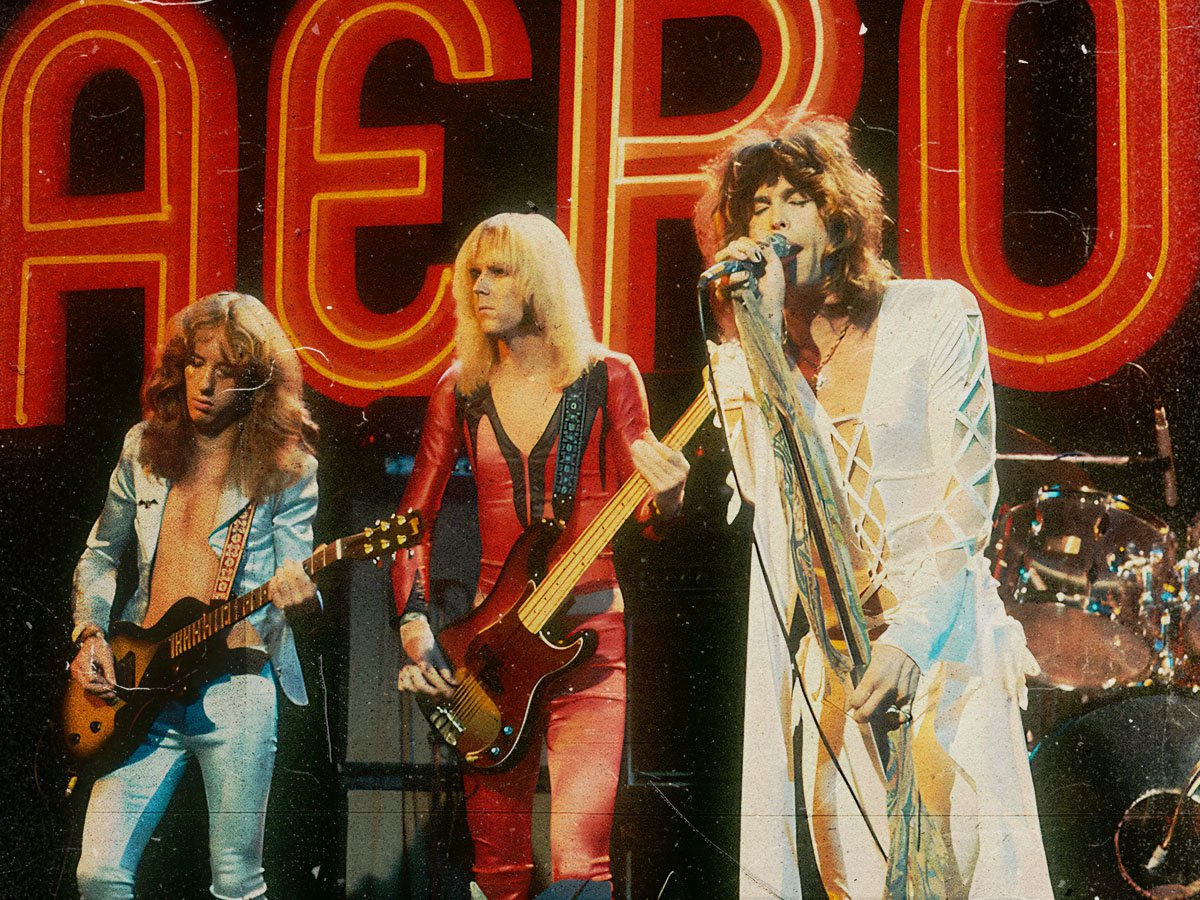The biggest stumbling block for every ageing rock and roll star is to keep up with the times. The whole premise behind being at the top of the musical mountain is about making anthems that will live on forever, but there will always be people coming up who will want to steal that crown away from you. Whereas most artists tend to forget about the new kids on the block the minute they get their first major royalty checks, Eric Clapton had prided himself on keeping his ear to the ground when it comes to all different flavours of music.
Then again, Clapton’s approach to music was all about being one in a long line of musical troubadours. His musical calling was always based around the blues, and compared to every other guitarist for The Yardbirds, ‘Slowhand’ never lost his love of the blues, no matter what he played. However, in the context of pop music, the idea of blues has changed more than a few times.
Although Clapton did love the music of blues enthusiasts like Stevie Ray Vaughan, he also knew how to latch onto a melody before anything else. Even looking at artists like John Mayer, Clapton could see little bits of genius in what he was doing, even if some of his solo breaks ventured more towards the pop side of the spectrum. If there’s one thing that everyone from Clapton’s generation has trouble embracing, it’s hip-hop.
Because, as much as hip-hop was the same kind of free expression that the early guard of rock and roll may have been doing in the 1950s, there was an unspoken rule amongst rock fans that anyone who used a turntable was clearly not a “real” musician. But if you look at the true artists of any genre, it doesn’t matter what instrument is being used as long as they know how to use it creatively, and Clapton could always see the artists out in the wild.
Throughout the 1990s, Clapton was always interested in listening to the smoother side of the spectrum, like D’Angelo, but he was willing to dive headfirst into gangsta rap when he wanted to. There had been adventurous hip-hop acts like Outkast in the past, but Juvenile struck a nerve with him better than anyone else in the rock scene at the time.
Despite Juvenile being miles away from anything remotely associated with traditional rock and roll, Clapton was always willing to throw him on in the background, saying, “I’m a big fan of Juvenile. I just think Juvenile is [it]. I’m not that mad on the kind of glitzy kind of high-profile stuff. But Juvenile is kind of more like a street-cred guy. I like that. Yeah, I mean, I like — if it’s music with heart and power and passion, I like it.”
And while the world hasn’t yet been blessed with an Eric Clapton album cover as insane as 400 Degreez, it’s easy for him to recognise what Juvenile is going for. There was no way that ‘Slowhand’ would get behind the mic and starting spitting fire the same way that Andre 3000 did, but since all great blues music comes from someone facing hard times, hearing Juvenile’s tales from the streets may as well have been an update of what he heard out of people like Howlin’ Wolf when he first started playing.
We might not need to be given an Eric Clapton collaboration with a hip-hop artist, but the fact that he can keep an eye on the new school this closely is at least a step in the right direction. Many people can find themselves fitting into their own singular boxes when it comes to their personal taste, but Clapton always knew it was better to sample a little bit of everything in his record collection.






